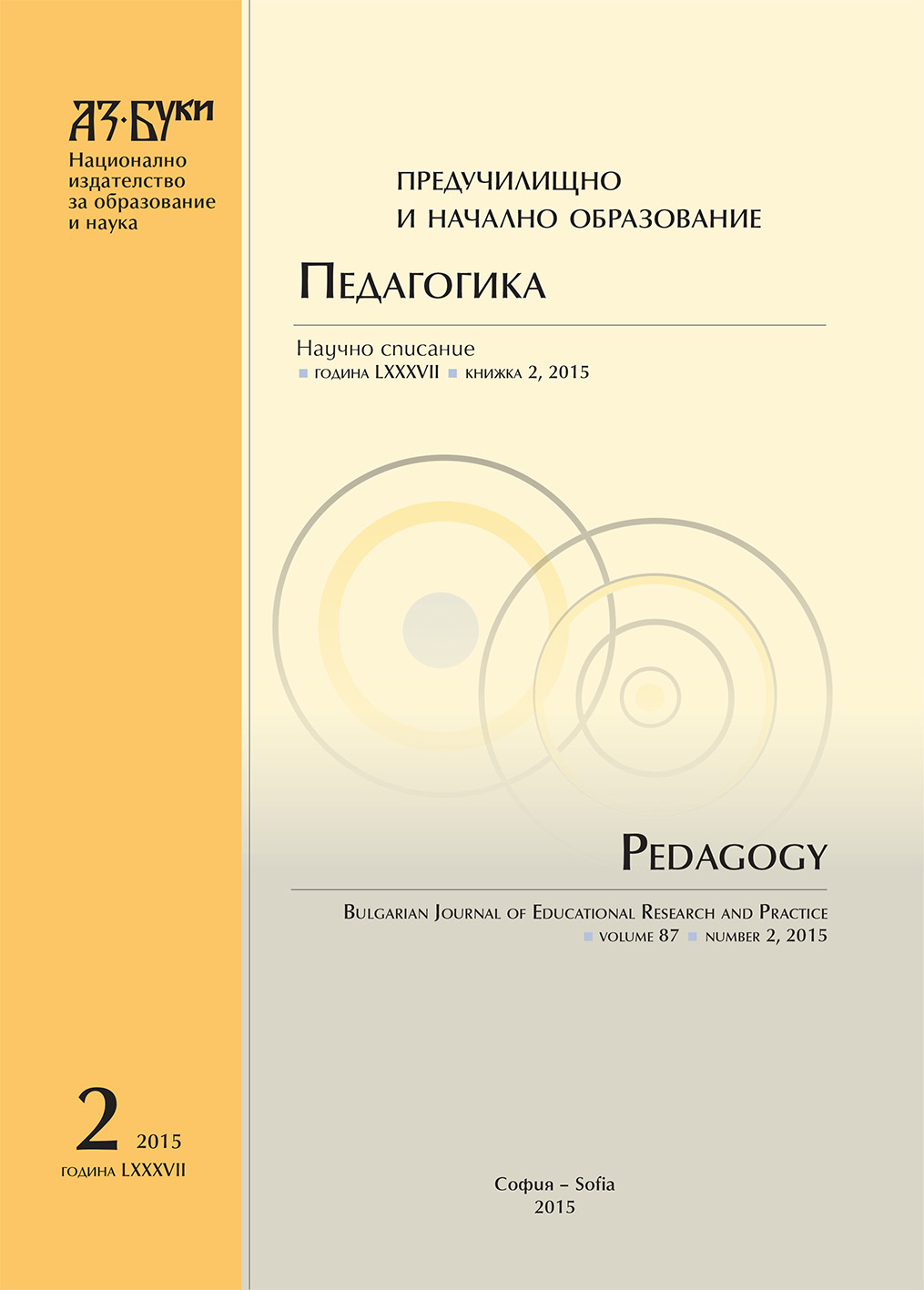Делегираните бюджети в средното образование в България – за и против
Delegated Budgets in Secondary Education in Bulgaria – Pros and Cons
Author(s): Yoana MinovaSubject(s): Social Sciences, Education, Preschool education, School education, Vocational Education, Adult Education, Higher Education , State/Government and Education, Inclusive Education / Inclusion
Published by: Национално издателство за образование и наука „Аз-буки“
Keywords: secondary education; finance; delegated budget; results; effect
Summary/Abstract: The purpose of this article is to make an overview of secondary education funding in Bulgaria as well as the positive and negative impacts of its implementation. The tool of delegated budgets is considered relatively new mechanism for allocating funds to secondary and preschool education. Delegated budgets system emerges from the idea to optimize distributing financial recourses in secondary education. This mechanism is based on legal and sub-legislative regulations and organizational structure. The implementation of this tool is founded on budget law; it determines the Ministry, which superintends the school, as the primary distributor of funds. Schools and operational departments in public education, applying delegated budgeting, have the right to be distributors of secondary importance with budget credits and independent budgets, by decision of municipality councils.Achievements:1. Decentralization in the field of education. It’s organized on three levels of delegating rights, responsibilities and governing resources: central – local authority, local authority – school, school – board of trustees.2. Clear mechanism of allocating municipality budget, creating conditions for regulated relations between municipalities and schools.3. Greater power of decision making by school authorities. The last take responsibilities for maintaining the material equipment.4. Creating incentives for searching for alternative funding sources, as school income is dependent on them.
Journal: Педагогика
- Issue Year: 87/2015
- Issue No: 2
- Page Range: 263-274
- Page Count: 12
- Language: Bulgarian
- Content File-PDF

